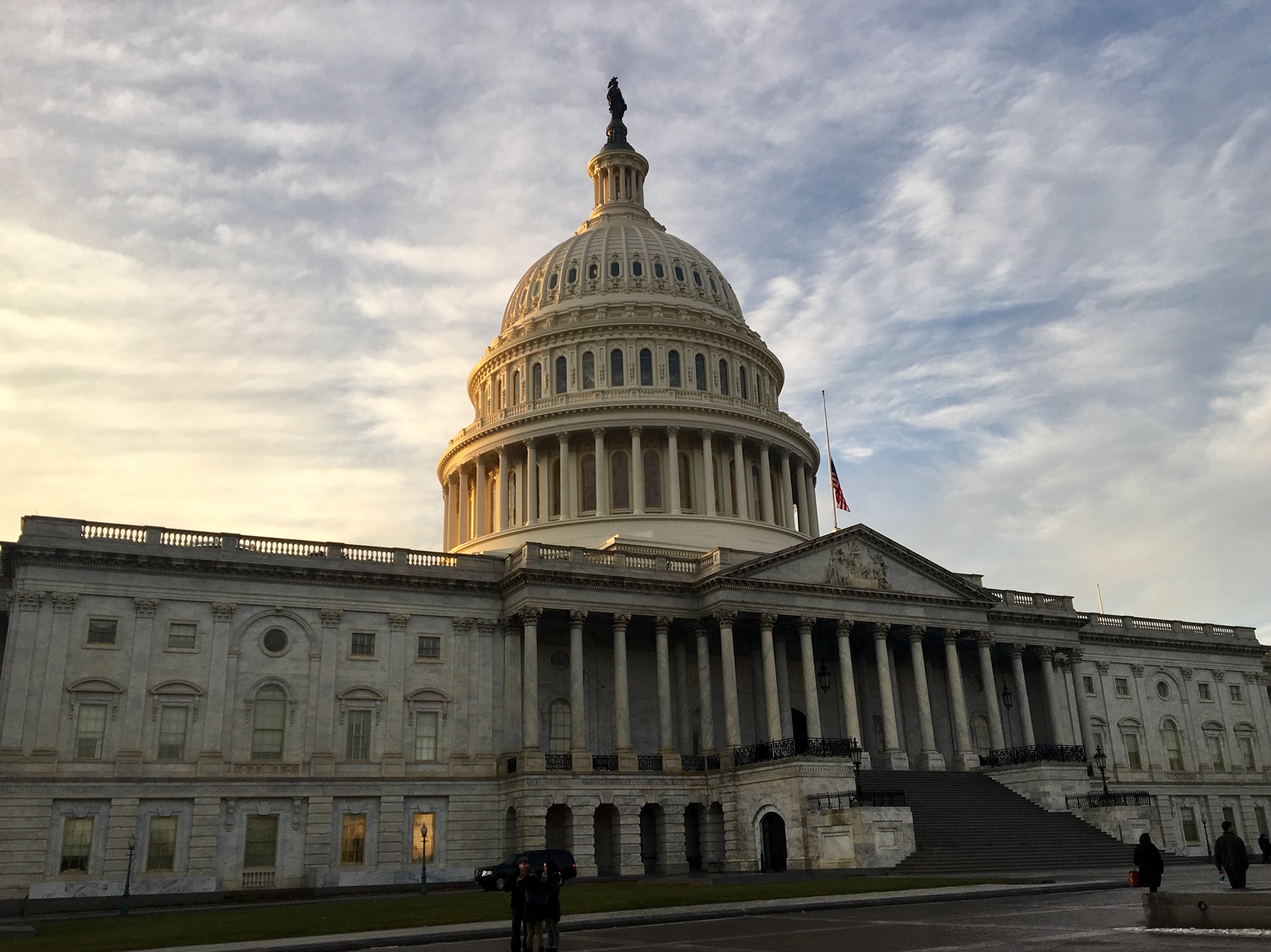Bill to conceal judges’ personal information raises First Amendment concerns

Since the tragic 2020 attack on the family of Judge Esther Salas, in which a gunman killed Salas’s 20-year-old son Daniel Anderl and wounded her husband at their New Jersey home, Congress has weighed whether to make it easier for federal judges to keep their personal information out of the public domain. The arrest and indictment for attempted murder of a man who traveled to Supreme Court Justice Brett Kavanaugh’s home with a weapon lent the push more momentum, and this month the leading legislative proposal — the Daniel Anderl Judicial Security and Privacy Act — was attached as an amendment to Congress’s annual defense bill. But as well-intentioned as the bill may be, the law as currently drafted would create serious obstacles to accountability reporting on the judiciary — and raise difficult First Amendment questions in the process.
Under the Act, most individuals and businesses would be prohibited from sharing the personal information of judges or their families’ online if they receive a demand from the judge that that data not be disclosed, subject to a handful of exceptions discussed below. The bill imposes an even broader restriction on “data brokers,” requiring that they not “knowingly sell, license, trade for consideration, or purchase covered information,” full stop, without reference to whether they’ve received a take-down notice — a prohibition that would presumably require commercial databases to empty their products of any covered information preemptively to avoid liability. And on top of its restrictions on private parties, the legislation includes steps to ensure that government bodies don’t make judges’ information available to the public in the first instance, including through grants to state and local agencies to prune their existing databases.
Importantly, the statute cuts a broad swathe in defining the “covered information” to be concealed, reaching not just the intuitively private (a credit card number) but also the sort of details that might appear on a judge’s official bio (a birthday) or that might be indispensable to evaluating possible conflicts of interest (the name of a judge’s spouse’s employer).
It won’t be surprising to hear that more than a few previous efforts to prevent the distribution of public officials’ personal information have run into constitutional difficulty. As far back as 1971, the Supreme Court recognized that the First Amendment protected pamphlets that circulated a realtor’s phone number to encourage readers to criticize his business practices. Taking up the baton, federal courts have often invalidated restrictions on sharing public servants’ addresses or contact information when those limits would burden not just true threats but also watchdog reporting, the organization of lawful protest, and other efforts to ensure official accountability.
The Judicial Security and Privacy Act, to its credit, attempts to address those concerns by exempting from its mandate “information relevant to and displayed as part of a news story, commentary, editorial, or other speech on a matter of public concern,” as well as by providing that nothing in the statute should be construed to limit “reporting on an at-risk individual or their immediate family regarding matters of public concern” (among other limitations). But as Fix the Court and the Cato Institute’s Thomas Berry have both objected, those carve-outs will be of little comfort to journalists covering the federal courts if all sources of the information they would need to write those news stories and editorials in the first place have already been wiped clean.
This legislation comes, it should go without saying, at a time of heightened scrutiny for the federal judiciary. Per Gallup polling, public trust in the Supreme Court has never been lower. And piece after piece of recent reporting has highlighted the value of the very sort of personal details at stake in holding judges to the standards of impartiality they swear an oath to uphold. Lawmakers should think carefully before damming the flow of that information to the public.
The Reporters Committee regularly files friend-of-the-court briefs and its attorneys represent journalists and news organizations pro bono in court cases that involve First Amendment freedoms, the newsgathering rights of journalists and access to public information. Stay up-to-date on our work by signing up for our monthly newsletter and following us on Twitter or Instagram.